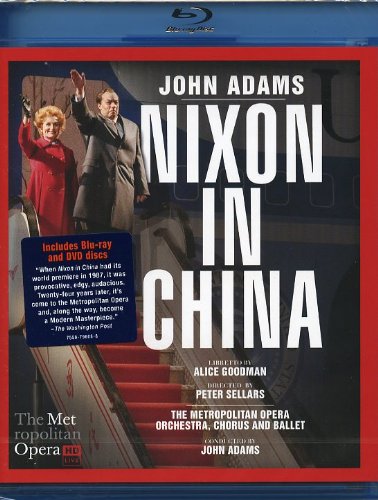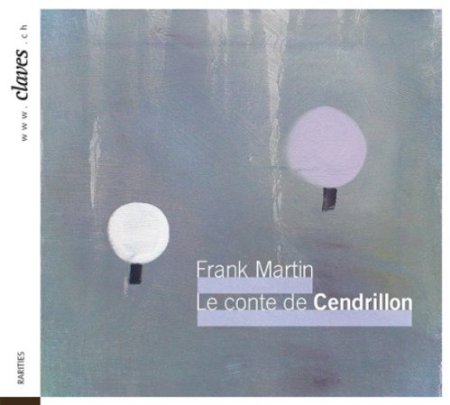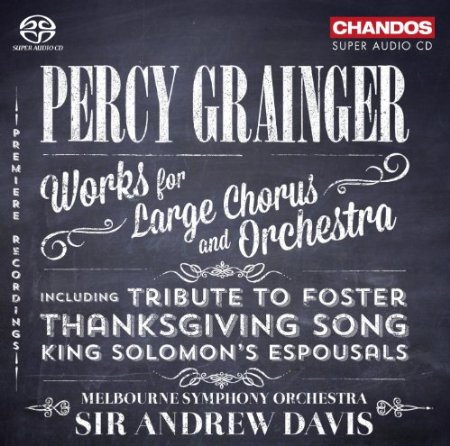



Down Whitehall, the English Defence League had been making ripples, and at 7.40pm some of its packs were still roaring round Trafalgar Square. At that moment, Berlioz’s March to the Scaffold from the Symphonie fantastique drowned them out in one big va t’en which you could have translated into a hundred languages.

Three hundred years ago we danced and ate to art music. Before that we worshipped to it. In the 19th century we began to sit and stare at it. The immersive music movement of the past decade has moved things along again. Today we are encouraged to swim through performances, sniffing the music out, hunting it down. The latest ensemble to free themselves from the sit-and-stare model are the enterprising outfit, the London Contemporary Orchestra (LCO). For their concert on Friday we had to go down 200-odd steps into the labyrinths of the disused station at Aldwych.
In 1980, an orchestra and conductor then hardly known in Britain came to the Royal Festival Hall. I went to hear Elisabeth Söderström in Strauss’s Four Last Songs; I left stunned by an unorthodox Sibelius Second Symphony and above all by one of the encores, Cantus to the Memory of Benjamin Britten by one Arvo Pärt.



The return of the Lufthansa Festival of Baroque Music to London each year always heralds the beginning of summer. Granted this beginning is usually damp and decidedly chilly, but there’s a hopefulness in the air that things might be about to change. And this sense of hopefulness doesn’t end with the weather. Under Lindsay Kemp the festival’s programming is reliably wide-ranging and joyful, a proper celebration of the landmarks and the paths-less-trodden of the baroque repertoire.


Old instruments have found young champions this week in two very different concerts and contexts. In the Wigmore Hall, Mahan Esfahani continued his persuasive rehabilitation of the harpsichord, showcasing not only the expressive range of the instrument itself but – more unusually – its repertoire, in music from Byrd to Ligeti. Meanwhile out in Richmond young singer-songwriter Joseph Reuben took a string quartet on a stylistic journey, blending classical textures and processes with an indie-pop sensibility to create a thoughtful fusion.

The Barbican Hall’s house lights faded to black, with just the soft glow of music stand lamps on stage as the Britten Sinfonia filed on and eased into the Adagietto from Mahler’s Fifth Symphony. Directed from leader’s desk by Jacqueline Shave, the orchestra gave an exquisite account of the piece, the chamber aesthetic and necessary communication between players somehow helping to draw the audience in. It was certainly a rewarding alternative to the lusher – and slushier – version one would hear from a full symphony orchestra’s worth of strings.

Blether on MasterChef about love and passion for one’s craft has so devalued the currency that I hesitated in applying the terms to conductor John Wilson, last night moving from Hollywood and Broadway to another enthusiasm, tuneful British music. Yet who merits them better than he?